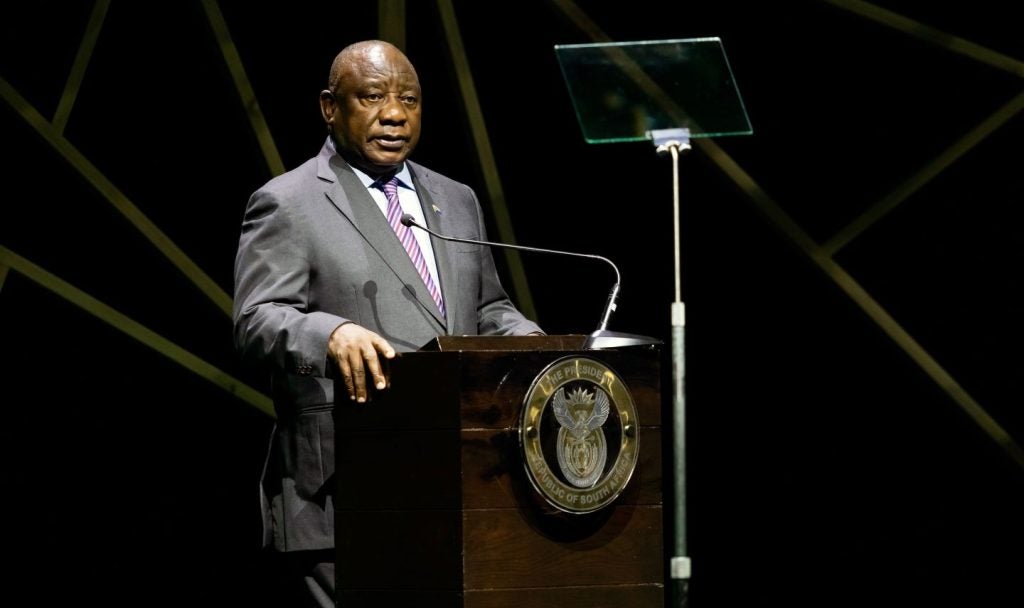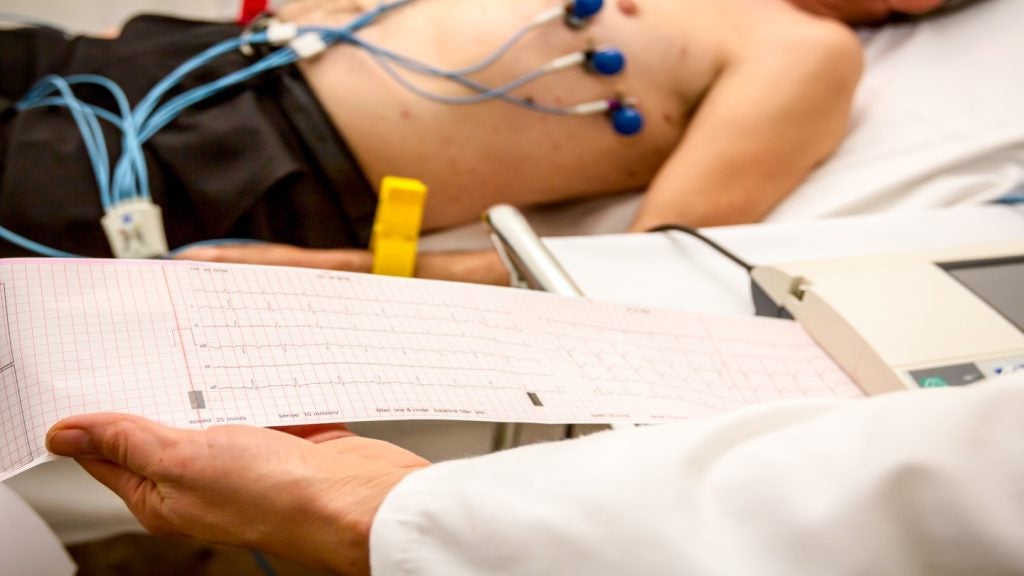South African President Cyril Ramaphosa has signed the National Health Insurance (NHI) bill, which is designed to provide universal health coverage to all South African citizens, into law.
The development is a significant move ahead of the country's general election, which is due to take place on 29 May.
The legislation is set to gradually reduce the role of private insurance in the country's healthcare system and establish a public fund to enable free access to healthcare services.
Reuters reported that the law could help fix the fees and prices levied by private doctors and healthcare suppliers for NHI-funded benefits.
During the signing ceremony at the Union Buildings in Pretoria, President Ramaphosa said: “The provision of healthcare in this country is fragmented, unsustainable and unacceptable.
“For those who would like to see privileges continuing: sorry, you are on the wrong boat. The boat we are on is about equality.”
The NHI Bill outlines a comprehensive strategy that consolidates various financial resources, including new funding and the reallocation of existing health system funds.
This approach aims to distribute financial responsibility across a wider segment of society, reflecting the mutual benefits and shared responsibility that the NHI seeks to promote.
Via its X account, the South African Presidency said that under the NHI, everyone would be able to access NHI-contracted GPs, clinics or hospitals closest to them, whether in the public or private sectors.
This would allow patients to visit their nearest GP or clinic that has a contract with NHI and receive affordable treatment.
While the specific treatments that NHI-accredited private hospitals and general practitioners will be required to offer have not been disclosed, the government has indicated that the services will include emergency care, mental health services, palliative care and rehabilitation services.















